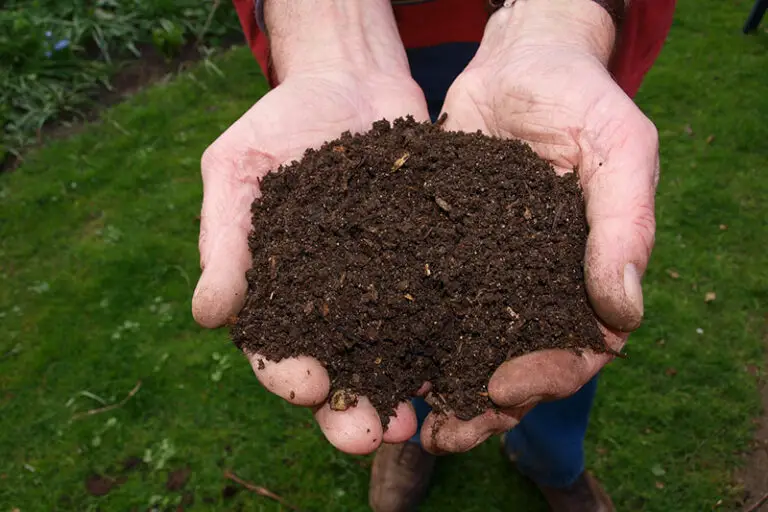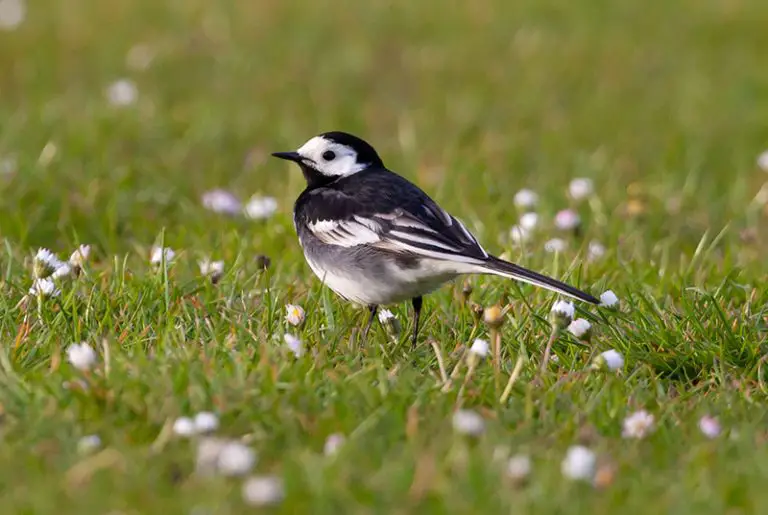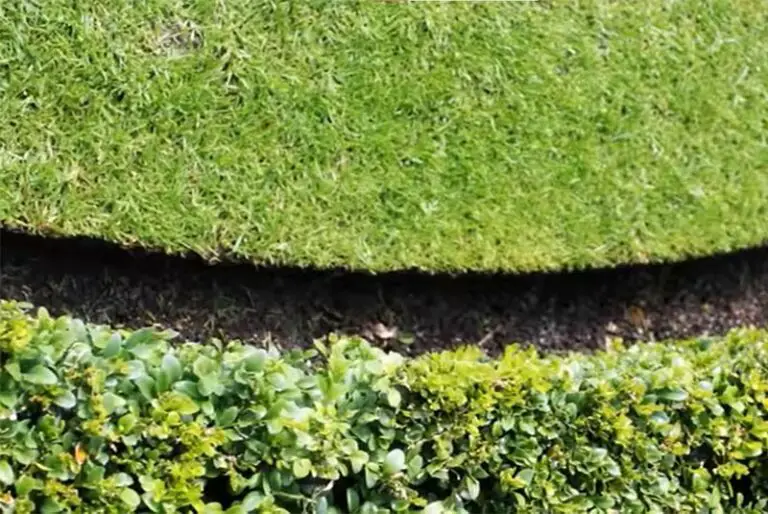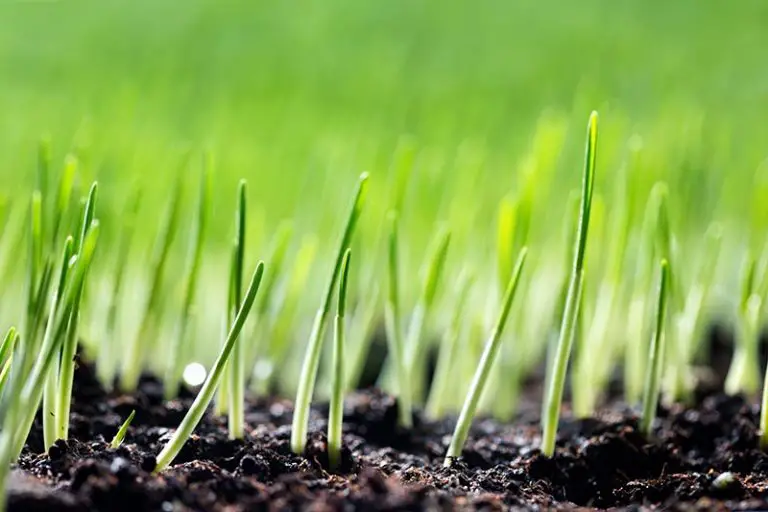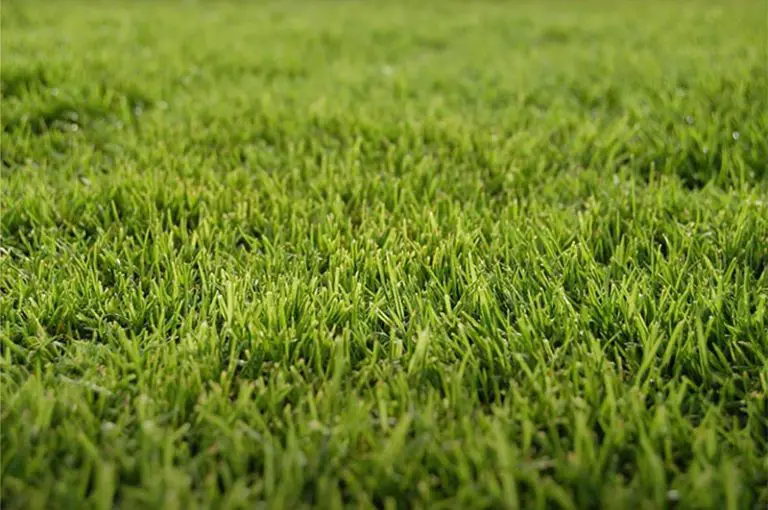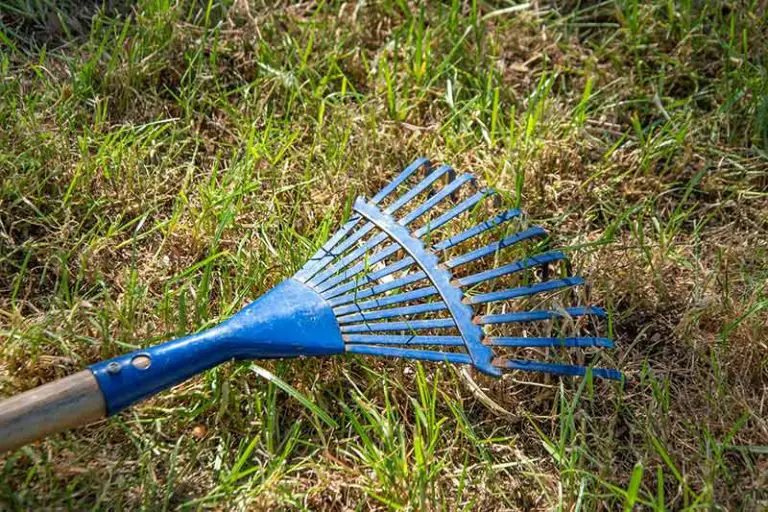Will Lawn Seed Grow in Compost?
Lawn seed can be fickle when trying to grow. Despite our perception of grass being robust and dependable, it can be very easy to neglect grass seed and damage it before it has the chance to germinate.
Giving lawn seed the best chance of survival at the beginning is the best way of ensuring that it grows into healthy, strong grass in the future.
Lawn seed can absolutely grow in compost, as compost has a variety of helpful nutrients to help even the most stubborn lawn seed grow. One thing to remain cautious about is the negative impacts compost may have on grass, such as pathogens. You can avoid these negative effects in a few different ways when composting.
What is Compost?
Compost refers to the culmination of organic matter that has decomposed into a nutrient-rich substance that is not too dissimilar to garden soil, perfect for assisting plant growth. Composting is a great way of recycling unused food and other matter, and reusing it to improve your lawn or other plant’s health.
The composting process is used to speed up the production of compost, by utilizing environments in which compost-making invertebrates such as worms and sowbugs can thrive. Compost is made up of natural substances, but mostly fresh food such as lettuce, fruit peels, and even substances like eggshells and grass clippings.
How to Use Compost
Compost is used primarily as a replacement or supplement for lawn fertilizers. It is rich in nutrients that lawns or garden plants may be lacking in, which can provide them with improved health and help liven them up a bit.
The material you should be left with after your compost has decomposed is a fine, soil-like substance. This can be used in multiple ways, depending on your garden’s needs.
To make the most of your compost, use it in conjunction with other store-bought fertilizers. If you choose to only use organic compost in fertilizing processes, use it quite sparingly as too much may be unnecessary.
Compost can be used to bolster any garden plant or lawn. It can be sprinkled atop of lawns or flowerbeds, rake it into the ground, or blend it into the soil or topsoil of your plants to help speed up the absorption of nutrients.
How Much Compost is Good For Lawns?
As creating compost in your own home can be a slow process, it is best to try and use it sparingly and use no more than you should. It is a renewable resource, but can take some time to generate- especially if you are creating it yourself.
As lawns often cover large areas of the garden, it’s easy to think that plenty of compost will be needed to cover it. Store-bought compost may be a solution when it comes to covering a whole lawn, as it may prove to be too demanding for your own supply.
When spreading compost, for the best results, ensure that 0.5-1” of compost evenly covers the area. Compost breaks down quickly in the event of rain or condensation, so it’s important to spread enough to make its effects last as long as possible. Too much compost, however, may see your lawn suffocate.
As 0.5-1” of compost should be spread over a lawn, it means that a lot of compost is needed. If your own supply may run thin, consider bolstering it with store-bought compost or mixing it with a little topsoil that won’t affect your soil’s pH level.
Can You Plant Seeds in Compost?
Compost provides additional nutrients and is perfect for planting seeds, regardless of the type. Lawn seeds in particular are ideal for planting in compost, as it will help them grow faster and stronger, without any negative effect on the rest of the lawn.
Along with the nutritional benefits that compost provides, it also helps protect and insulate the seeds. By having a protective layer over them, seeds are less likely to be eaten by birds or other animals looking for a quick meal, whilst keeping them insulated and secure reduces the risk of fungus from forming or growing.
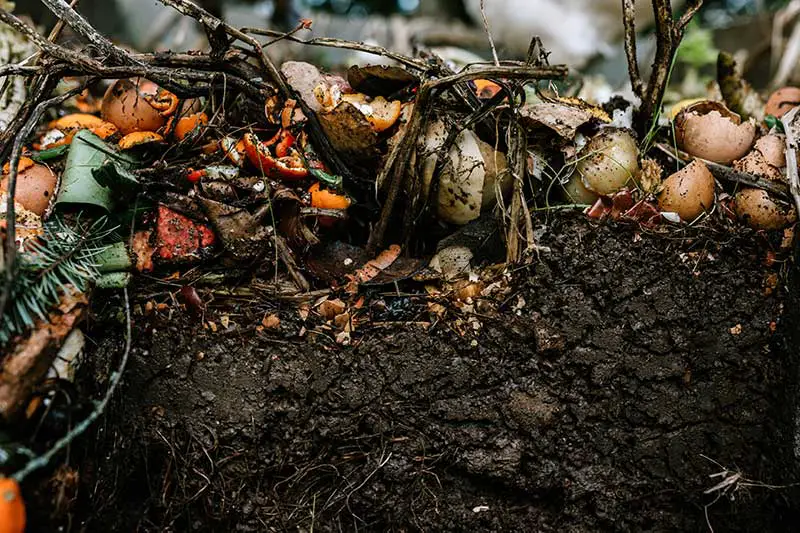
How to Prepare a Lawn for Compost
Before putting compost on a lawn, it’s important to take the necessary steps in order to prepare for it. It is recommended that if using compost on bare soil, to till the soil before any seeds are planted. Tilling the soil will loosen it, and allow for the compost to be mixed more efficiently when it is added to the topsoil.Tilling soil has many benefits that aid the growth and health of grass seed that is planted. As it aerates the soil. It allows for future roots to grow easier, stronger and allow them more space to grow.
Once the soil is tilled, compost can be added. In order to do this, spread the compost evenly atop of the lawn, ensuring that it is somewhere between 0.5-1” thick. A compost spreader may be necessary to complete this task, as it can be hard to create an even spread, especially over a large area.
No products found.
Once the soil has been tilled and compost spread evenly over it, the grass seeds can be planted. Depending on the size of the area, grass seed can be sprinkled out of your hand, or can be planted using the same spreader which was used to distribute the compost.
Once the grass seeds have been planted, normal steps to promote germination can proceed as normal. This includes watering gently after they have been planted, and then frequently for the weeks and months following until they eventually mature.
Reading a full guide about watering grass seed will help you remember how often grass seed should be watered, and how intensive the watering should be.
When Should I Plant Grass Seed?
Grass seed is best planted at times of the year where the least destruction is likely to occur. This means avoiding planting grass seed during harsh weather including drought, cold snaps, or periods of heavy rain. Like most gardening renovations, such as fertilizing grass, spring or early fall are the best times to undertake this task. This reduces the risk of any harsh weather interfering, such as heavy rain.
Be wary of the weather forecast whenever you begin to make any changes to your lawn, as the weather can have a bold impact on the quality of your work.
Benefits of Compost
Compost has many benefits which it can provide for your lawn.
Some of these benefits include:
- Being easily and readily available to make or purchase
- Environmentally friendly and renewable
- Reduces household waste
- Made from organic and natural substances
- Inexpensive
- Multiple uses
Final Thoughts
Lawn seed may be pretty temperamental and is very easy to accidentally neglect, but giving it a boost using compost when planting can help ensure that it grows quicker and healthier than it would do if just planted in regular garden soil.

